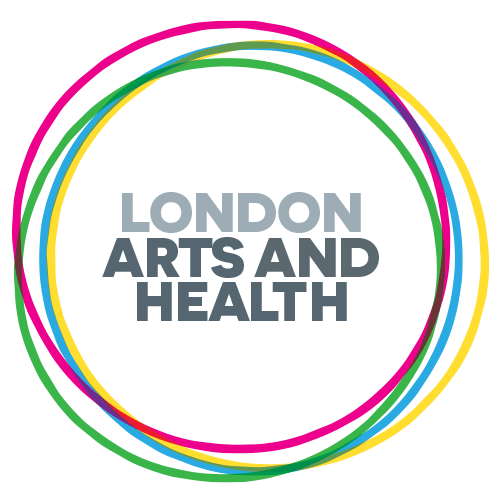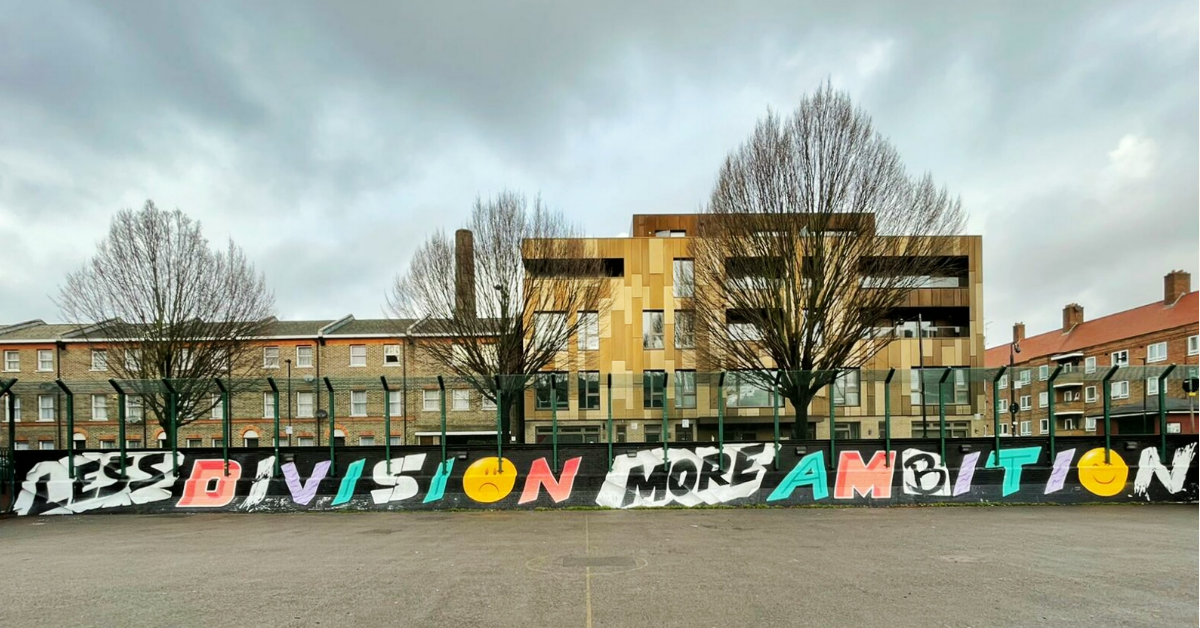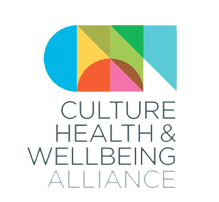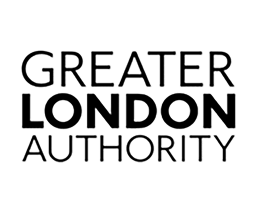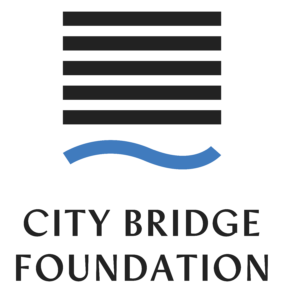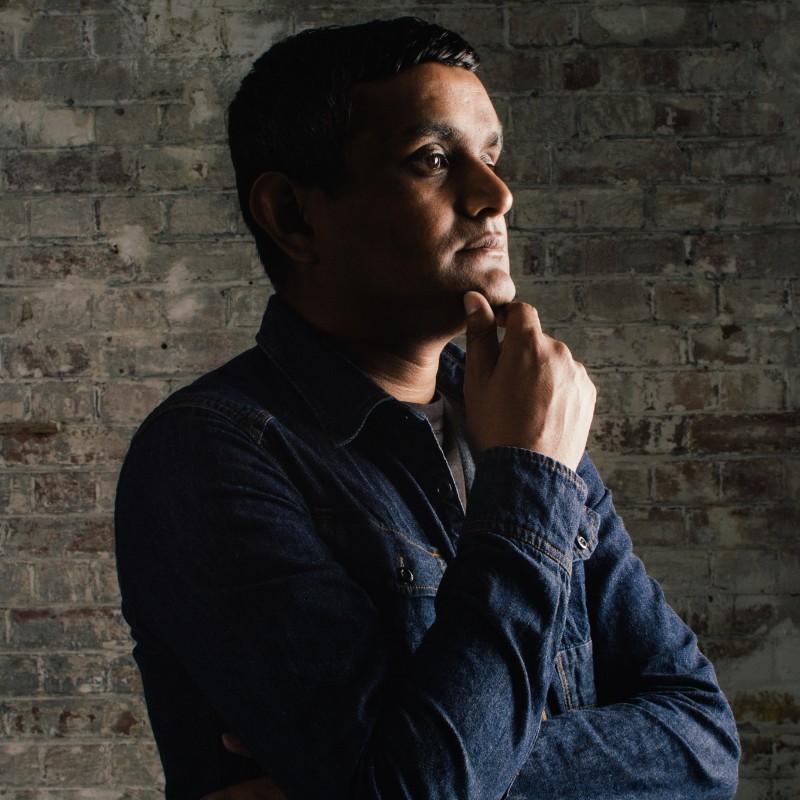 At London Arts and Health we are always looking to collaborate and spread awareness of the amazing work that individuals and teams are doing to benefit their communities and make a positive change in their societies.
At London Arts and Health we are always looking to collaborate and spread awareness of the amazing work that individuals and teams are doing to benefit their communities and make a positive change in their societies.
With this in mind, we asked Founder of Trapped in Zone One Bablu Miah to tell us about the work he is doing this Black History Month.
Tell us a bit about you?
I’m Bablu Miah, the head and founder of Trapped in Zone One, a BAME led not-for-project creative organisation based in Tower Hamlets. Our aim is to engage with community groups and organisations to improve the health and wellbeing of diverse communities through creative practices, via a diverse range of partnerships with local and national organisations and individuals.
Why is it important for the community to get involved?
Together with my colleague Natalia Suvorova, we formed Trapped in Zone One in 2019 in order to bring communities together after the divisive route we felt the country was going following the result of the EU referendum, and what better way to achieve this than using the arts.
Having a common bond such as the arts enables us to connect with different communities, thereby allowing us to discuss social issues which impacts communities in achieving positive outcomes which helps towards their well-being and more participation in the arts.
Supporting community-led projects and using our expertise in community cohesion is at the heart of our organisational aims. It is our belief that local people know their communities better than anyone else, and it is our goal to provide the most effective platform, resources and opportunities to give them the tools to thrive and evolve personally and socially.
What is the importance of raising awareness of arts and culture?
Raising awareness of the arts and culture is paramount to the work we do. Those that participate in our creative projects benefit from increased knowledge, skills and confidence about their local community. We provide opportunities to meet and collaborate with grassroots organisations from a diverse background, helping to make the community more integrated and cohesive through the power which arts harnesses, working towards a more inclusive society.
What are the health / wellbeing outcomes from creating murals?
The outcomes we look to achieve from creating murals is a better understanding of communities, providing an avenue for everyone in coming together and learning the impact artistic culture has in a public space and thus help towards a positive mindset which connects to one’s well-being for a healthier attitude towards life and respecting different cultures.
We knew that providing creative provision throughout the COVID-19 lockdown would be a welcome and effective means of engagement with communities. Our team of experienced professionals were best positioned to encourage and engage using creativity with young people and the wider community, we addressed how best to maintain and support good mental health, and took the opportunity to address issues, such as what constitutes a healthy role model.
What do you hope to see in the future for your organisation?
Being still in the early stages since the creation of our organisation, looking towards the future what we would like to see is to continue the line of work we have developed in working with varied community organisations across boroughs ensuring more communities and engaged in the arts thereby helping to create a more unified outlook not just in Tower Hamlets but across London.
What do you hope to see in the future for health / wellbeing in the arts industry?
What we would like to more off from the arts sector when it comes to health and well-being is to use artistic practices as a method to get more people engaged in the arts and helps towards expressionism, when one is unable to express themselves verbally being allowed to talk through artistic method would help to share their thoughts and as a result be able to seek support and help others going through a similar experience.
Find out more about Bablu’s work on Instagram or connect with him on linkedin.
If you have a practice or organisation rooted in creativity, health and wellbeing please contact us info@lahf.org.uk
